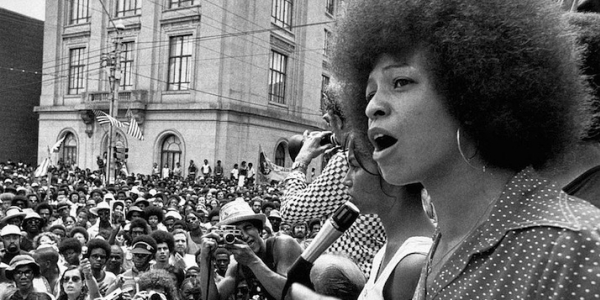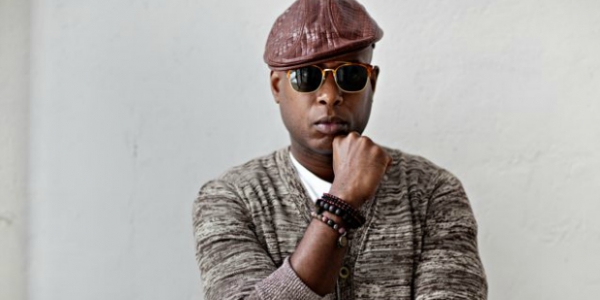This courtroom drama doesn’t do justice to one of the greatest black American public intellectuals of our era. Shola Lynch’s film could have been the story of an academic who helped bring the Frankfurt School’s revolutionary philosophy to the United States and who was hounded out of her teaching position for political reasons, a Communist Party member who allegedly applauded the Soviet invasion of Czechoslovakia, or an activist who remains the most outspoken critic of her country’s barbaric prison system.
Lynch instead gives a cursory treatment to a complicated personality in favour of sensationalising the most infamous episode in her subject’s life. In 1970, Angela Davis fled California after she was implicated in a botched attempt to take several hostages in a Marin County courtroom. After being apprehended in New York, Davis was tried and of murder and kidnapping while people across the world frantically rallied to her defence.
Lynch fails to explore the vicissitudes of Davis’s legacy in any detail, and in doing so falls victim to Communism’s original sin, the cult of personality. While the rise of the civil rights movement and the Black Panther Party is brilliantly contextualised, it is ironic that a film morally centred on the failings of the legal system for African-Americans treats Davis’s acquittal as a complete vindication of its subject. The only dissenting voice to the proceedings in an otherwise exhaustive list of interviewees is a taped recording of a rambling, gin-soaked Richard Nixon, the great bogeyman of the era. By failing to properly explain Davis’s defence or give space to her critics, Lynch inadvertently casts a cloud over her subject’s innocence. Laud her or loathe her, Davis deserved a better treatment than this flimsy hagiography.







